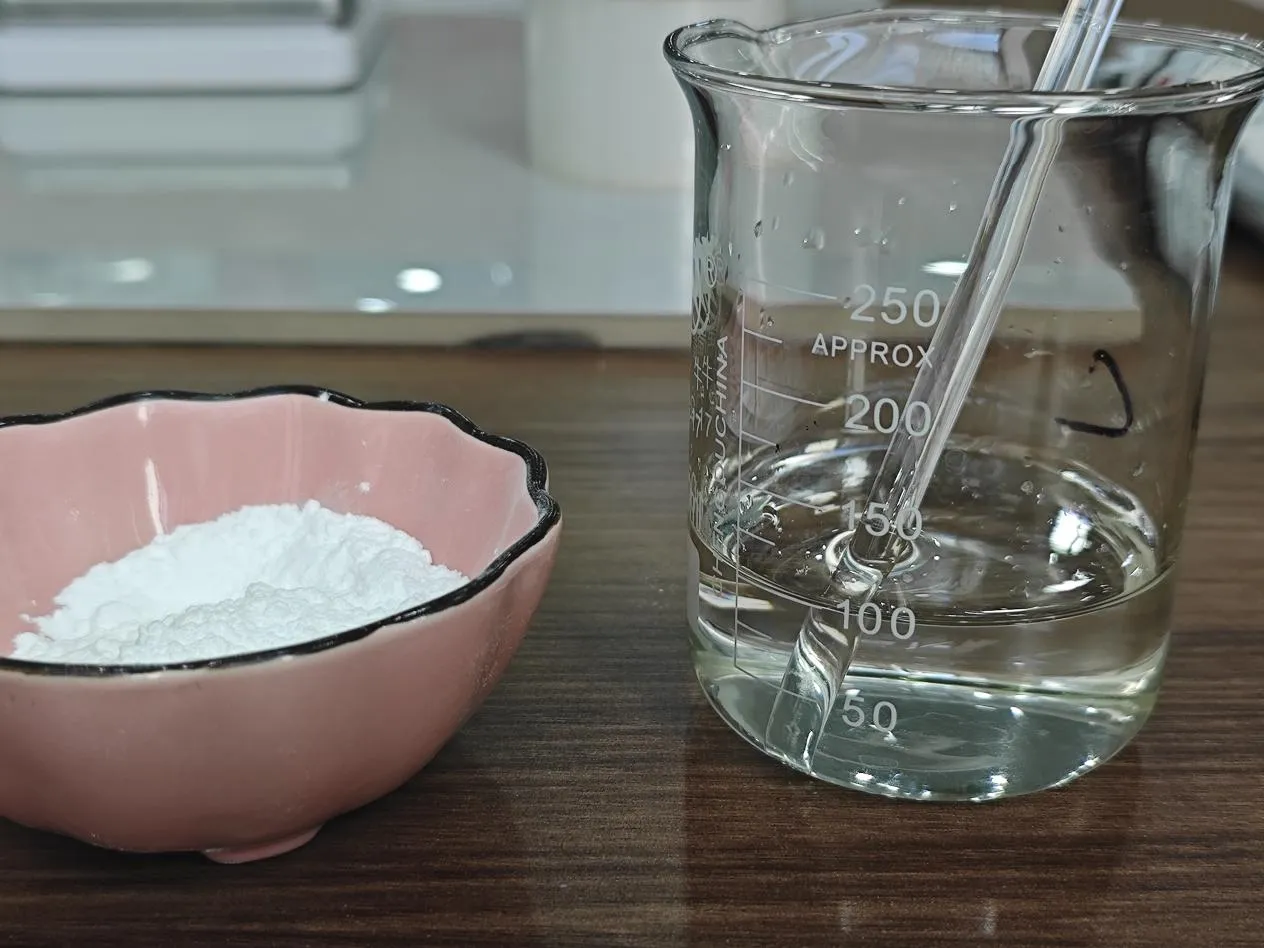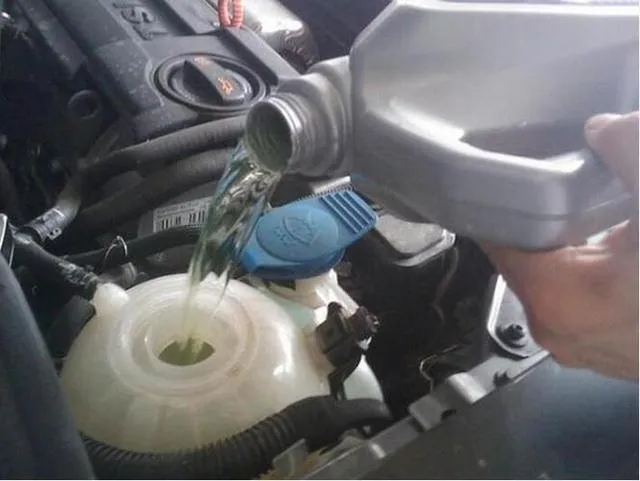
Understanding Wholesale Gypsum Set Retarders and Anti-Foaming Agents in Industrial Applications
In many industrial processes, controlling the behavior of materials is critical to achieving the desired product quality and operational efficiency. Two important categories of additives widely used are gypsum set retarders Und Antischaummittel. Whether it’s improving the workability of gypsum or preventing foam formation in liquids, these chemicals play a vital role.
This article explores the uses of wholesale gypsum set retarder xysjn1, details various anti-foaming agents examples, and examines their applications ranging from coolants to powders, including natural anti foaming agents Und solid defoamer powder antifoam.

Wholesale Gypsum Set Retarder XYsjn1 and Its Industrial Importance
Gypsum-based products are essential in construction and manufacturing, particularly in producing plaster, cement additives, and molds. One common challenge with gypsum is its relatively fast setting time, which can hinder mixing and application. To address this, retarders are added to slow down the setting reaction.

What Is Wholesale Gypsum Set Retarder XYsjn1?
Wholesale gypsum set retarder xysjn1 is a commercially available chemical additive designed to extend the setting time of gypsum products. Manufactured for bulk supply, it caters to large-scale industrial and construction needs, enabling better control over plaster setting during transportation, application, and curing.
This retarder improves:
Workability: Allows more time to mix, pour, and finish gypsum products.
Quality: Reduces cracks and surface defects caused by premature setting.
Efficiency: Supports large batch production by preventing hardening during processing.
Using a reliable gypsum set retarder like xysjn1 ensures consistency and performance in gypsum applications, essential for maintaining project timelines and reducing material waste.

Anti-Foaming Agents: Types, Examples, and Applications
Foam formation can be a significant issue in many manufacturing and processing environments. Excessive foam reduces equipment efficiency, causes overflow problems, and affects product quality. Anti-foaming agents, also known as defoamers, are chemicals specifically formulated to control or eliminate foam.
Examples of Anti Foaming Agents
Some common examples of anti foaming agent types include:
Silicone-based defoamers: Widely used for their excellent foam suppression and stability.
Polyether-based defoamers: Preferred in water-based systems.
Oil-based defoamers: Effective in controlling foam in oil-containing liquids.
Powder defoamers: Solid forms used in dry mixtures or powders that generate foam upon mixing.
Natural Anti Foaming Agent
For environmentally conscious applications, natural anti foaming agents derived from plant oils, fatty acids, or natural waxes offer eco-friendly alternatives. These agents provide foam control with lower toxicity and better biodegradability, ideal for food processing and organic manufacturing.
Anti Foaming Agent for Coolant
Coolants used in metalworking and machining often create foam, which hampers heat transfer and causes overflow. Specialized anti foaming agents for coolant are formulated to reduce foam without compromising coolant performance. These agents improve machine efficiency and prolong coolant life by maintaining stable fluid properties.
Solid Defoamer Powder Antifoam
In industries where liquid additives are inconvenient or incompatible, solid defoamer powder antifoam offers a practical solution. These powders are added directly to dry mixes, such as cement or plaster powders, to prevent foam formation during mixing with water. They provide controlled foam suppression without altering liquid viscosity.
Anti-Foaming Chemicals and Their Industrial Role
Broadly classified, anti foaming chemicals serve across numerous sectors including paints, pharmaceuticals, food, wastewater treatment, and metalworking. By disrupting foam bubble formation or causing foam bubbles to collapse, these chemicals maintain operational smoothness and product consistency.
Choosing the right anti-foaming chemical depends on the system’s properties—such as temperature, pH, and chemical compatibility—and the nature of the foam. Proper dosing ensures effective foam control without negatively impacting the base product.
FAQ: Wholesale Gypsum Set Retarder XYsjn1 and Anti-Foaming Agents
1. What is wholesale gypsum set retarder xysjn1 and how is it used?
Wholesale gypsum set retarder xysjn1 is a bulk chemical additive used to slow down the setting time of gypsum products, improving workability and reducing defects during construction or manufacturing.
2. Can you provide some common examples of anti foaming agents?
Common examples of anti foaming agents include silicone-based defoamers, polyether-based defoamers, oil-based defoamers, and powder defoamers, each suited for different industrial applications.
3. What are natural anti foaming agents and where are they applied?
Natural anti foaming agents are derived from plant oils and fatty acids, used in eco-friendly applications like food processing and organic manufacturing to reduce foam without harmful chemicals.
4. How does an anti foaming agent for coolant work?
Anti foaming agents for coolant prevent foam formation during machining processes, ensuring efficient heat transfer, reducing overflow risks, and extending coolant lifespan.
5. What is solid defoamer powder antifoam and when should it be used?
Solid defoamer powder antifoam is a dry additive used in powder mixes like cement or plaster to prevent foam formation during mixing, especially when liquid defoamers are impractical.
Conclusion
Both wholesale gypsum set retarder xysjn1 and various types of anti foaming agents are crucial additives that help industries optimize production and improve product quality. Whether extending gypsum setting times or preventing troublesome foam in liquids like coolants, these chemicals enhance operational efficiency and product reliability.
Understanding the different examples of anti foaming agent, including natural anti foaming agents Und solid defoamer powder antifoam, enables manufacturers to select suitable solutions tailored to their processes. As industries strive for sustainability and effectiveness, such additives remain key components in modern production.
-
Hydroxypropyl Starch as a Sustainable Construction AdditiveNewsNov.24,2025
-
The Gelation Properties of CMCNewsNov.21,2025
-
Redispersible Latex Powder and Water Retention CapacityNewsNov.21,2025
-
Dosage Control for Polycarboxylate Water ReducerNewsNov.21,2025
-
Film-Forming Properties of Polyvinyl AlcoholNewsNov.21,2025
-
The Function of Gypsum Additives in MortarNewsNov.21,2025





















